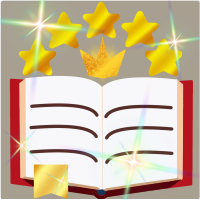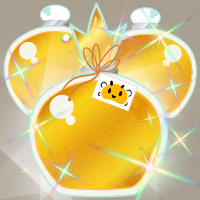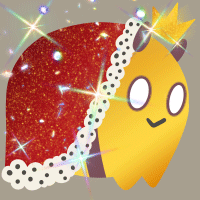Jan 04, 2025
To:Mo
Hello my friend! I haven't responded in a bit, I've been quite busy, but this one seems very in-depth and thought I would at least spare a few minutes to give a reply and some insight, as barebones as it could be.
The very 'primitive' understanding, as it could be said, as many of the perspectives operate with a lack of understanding to higher power and their motivations is that the need to gain knowledge is important in the nichest aspects. For a God without Omniscience to gain it, has this ever been explored? What would one even do to encounter such a state of divineness? be blessed with it? Certainly, that would be nice. Very easy and simple, to be burdened with all of existence's knowledge from the very start.
But for this Deity who leads the Phantoms, he is not burdened with all knowledge. It must be made. Of course, in operating in the pursuit of knowledge, one ironically creates more scenarios, more knowledge themselves. But this exploration of 'Chaos' where it would usually not fester is simply a broader pursuit of knowledge, to explore and learn of the scenarios, circumstances, reactions, and outcomes of something that usually wouldn't happen normally. To learn of the smallest things, in collection, is the largest of all.
Of course, this isn't completely the case, but once again, what mortal can bear to consider the motivations of Gods?
I really like the idea of Destiny being an unchangeable force, with fate being an interactable pathway one treads. 'One can grasp their own fate, but destiny is their downfall, that all men must die, no matter how great they lived', or something to that effect. I have always written with the idea that this destiny is irrefutable, this was something that Four of Hearts, Cartwell, (now Five of Hearts) once spoke of, maybe around chapter 36/37? Once again Lumière spoke of this 'Destiny' with Asmodeus during the fight against the Nameless near Oost-Souburg. Even from the very start, he was told by gluttony that this inevitability of 'destroying the world' was their destiny. Lumière always speaks of 'defying' this destiny, but in the end, all he continues to do is waltz through his 'fate'. Destiny will remain a consequence, no matter what he does. It can be said that as long as I, the author, do not pull some terrible 'deus ex machina', this is the foreshadowed ending of the story itself.
The Phantoms do not fear this Destiny of the Primordial Sins. It is quite beneficial to their Deity in those terms of 'gaining knowledge'. As it boils down to for the Rememberers, perhaps their motivations aren't as bright and cheery as 'being guardians'. If it is destiny for the Primordial Sin to destroy the world, then would there ever be a point to kill him? This is why they echo sentiments of this split faction, why they are no longer seen together. Perhaps the Primordial Sin doesn't even matter at all. All that really mattered was the time they had to build themselves and their abilities up- it remains that the Rememberers themselves have greater motivations than the protection of the world. As they are intrinsically linked to Lumière, their story is gradually unraveled later on, so I will leave it here for now. I will just say that as they have been presented so far is a 'basis', and they will deserve a much larger piece of the story in the future.
I liked the scene with Orion Callister. It was partially meant as a way to show that Lumière cannot remain oblivious to a Demon's power, he himself pretending to be one. This 'playmate' of his is a threat, and he cannot forget that just because they are playing a 'game' together. Their lives are still at stake. But this symbolism of 'holding on' is a greater theme in the second act. After all, isn't Lumière trying to hold onto many things? He initially and unconsciously broke the bridge between him and Ainsworth, but now, hasn't it been bridged again? He tried to leave his life as a performer behind, but now he will do it once more, with great sentiment in his heart. And even then, isn't all he does a performance? This wretch who lives a life of danger in a completely different world is still trying to hold onto 'Lumière'.
Thank you so much as always for reading! I really enjoy your input. It helps me so much with my writing, genuinely. There are always some things I cannot piece together as the author, a second perspective is amazing to have. I hope you enjoyed, as always, and will look forward to our next conversation. ^^
![]()






